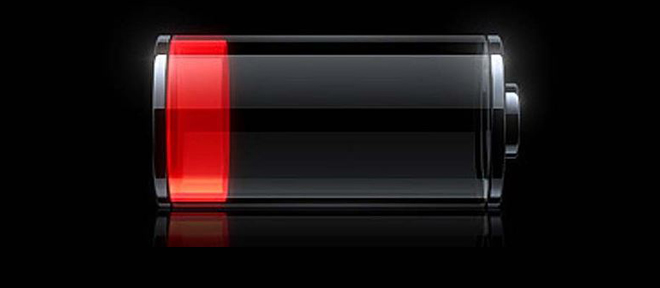
Flat and you’ll fail to fly
Posted on August 14, 2014
Airport security and electronic devices
If you’ve forgotten to charge your phone because you’ve been too busy packing those holiday bags, you might need to think again. A recent ban on uncharged mobile phones and other electronic items means that passengers carrying them would be prevented from flying. Worse still, they would be treated like “terrorists” and have to reschedule, even if they offered to abandon the item or send it separately. Subsequently this last decision has been changed to allow for passengers to leave the item behind and pay for it to be sent to their home address. Devices affected will include mobile phones, laptops, tablets, e-Readers, portable music players and gaming devices.
Transport Secretary Patrick McLoughlin said that ‘passengers may notice additional security measures on some routes both to and from the UK’. He told the House of Commons that the new advice ‘is in line with that issued by the US, and we have updated our official advice to passengers accordingly’. It is the toughest stance taken since America ordered extra security checks on direct flights amid fears al-Qaeda has developed a new bomb that can evade current controls.
The ban was announced on the ninth anniversary of the 7/7 terrorist bombings in London. Britain’s main airline warned that even a new device, bought in the airport lounge after passing through security, will have to be charged up. No more waiting to get home to do the honours, or trying to explain to the security officer that you hadn’t had time to charge up because you were busy rushing towards the boarding gates. Any transfer passenger whose device has gone flat on the first leg will also be prevented from their onward travel unless they can recharge first.
The health and safety aspect of this ban is evident – authorities have woken up to the possibilities of bombs being disguised as mobile phones and other electronic devices. Turning on an electronic device can show a security screener that the laptop computer or mobile phone is a working device and that its batteries are not hidden explosives.
However, tight travel schedules, missed buses and trains and other factors leading up to the arrival to the airport, raises the very pertinent question – how practical is this measure? Will it just cause long queues and confusion at security gates? Will passengers have to turn up at security gates two hours before the departure of the flight – to allow for those who have forgotten to charge their devices, whose devices have broken, who can’t find a charger or just haven’t had time? Will there be more charging stations than coffee shops at airports? And will those who are running these mobile charging stations ultimately stand to profit from this decision?
Of course, only time will tell if this move can and will avert major terrorism-related air disasters. If this is able to prevent even one such attack from happening – it might have served its purpose. And then, despite several irate passengers, missed and reschedules flights and the substantial chaos it is likely to generate, it might be more than justified. Perhaps we will, in time, come to look at this decision as a part of our daily lives, to be accepted without question, like the smoking ban on flights. Or the fact that at the security gates we have to take our laptops out of our bags, and take off our belts, coats and boots, no matter how inconvenient it might be. After all, security should, and must come first.
